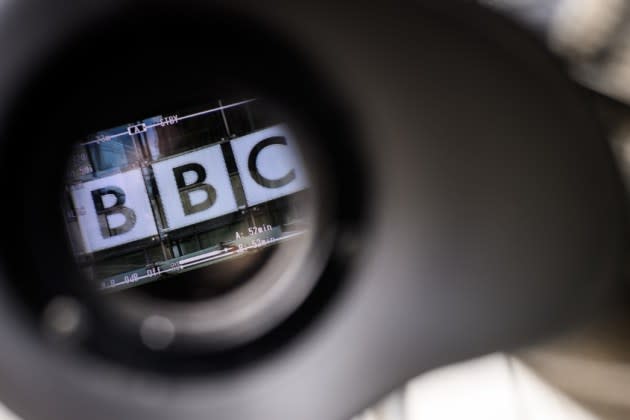BBC’s India News Operations Split in Two as Former Staffers Launch Collective Newsroom Following Foreign Media Rules

The BBC’s news operations in India have been effectively divided from Wednesday with the launch of Collective Newsroom.
Collective Newsroom was formed in December 2023 in order to comply with India’s strict foreign direct investment (FDI) in media rules. The Indian government’s cap on FDI in digital news outfits is 26%. BBC World Service India is 99% owned by the BBC, a British public service broadcaster.
More from Variety
BBC India staffers Rupa Jha, Mukesh Sharma, Sanjoy Majumder and Sara Hassan quit the corporation to form the new Indian-owned media company, serving as directors, with Jha as the CEO. The BBC will be the first client of Collective Newsroom, which is also available to create content for other news providers across India and globally. The BBC has applied for a 26% stake in Collective Newsroom.
The BBC’s arrangement with Collective Newsroom includes a contract to produce content for BBC News Hindi, the BBC’s local language service with the largest audience. Collective Newsroom will create and publish journalism for BBC News in six Indian languages: Hindi, Marathi, Gujarati, Punjabi, Tamil and Telugu, as well as in English for the BBC News India YouTube channel, and produce other English-language content. Content produced and published by Collective Newsroom will be included as part of the BBC World Service.
Collective Newsroom will be staffed by some 200 former BBC India employees. That leaves BBC India with 90 staffers who will produce news content across TV, radio and online and will report editorially to the corporation’s London headquarters.
The BBC fell foul of the government in India last year over its documentary series “India: The Modi Question.” On the BBC website, the broadcaster pitched the series with the description: “Narendra Modi’s premiership has been dogged by persistent allegations about the attitude of his government towards India’s Muslim population. This series investigates the truth behind these allegations and examines Modi’s backstory to explore other questions about his politics when it comes to India’s largest religious minority.”
The documentary was slammed by the Indian government, but the BBC stood by it. Shortly afterwards, India’s tax department searched the BBC India offices. A spokesperson for India’s ruling Bharatiya Janata Party said at the time that the raids were unrelated to the documentary.
In 2023, the weekly reach figure for BBC News Hindi grew by 27% year-on-year. BBC branded services in India reach 82 million people around the country on average every week.
Jha said: “I’m thrilled that Collective Newsroom has officially launched with a clear, ambitious mission to create the most credible, creative and courageous journalism, and with a wealth of experience and talent in our incredible teams. Audiences will quickly come to know Collective Newsroom as an independent news organization that leads with the facts, works in the public interest and hears from diverse voices and perspectives.”
Best of Variety
Sign up for Variety’s Newsletter. For the latest news, follow us on Facebook, Twitter, and Instagram.
